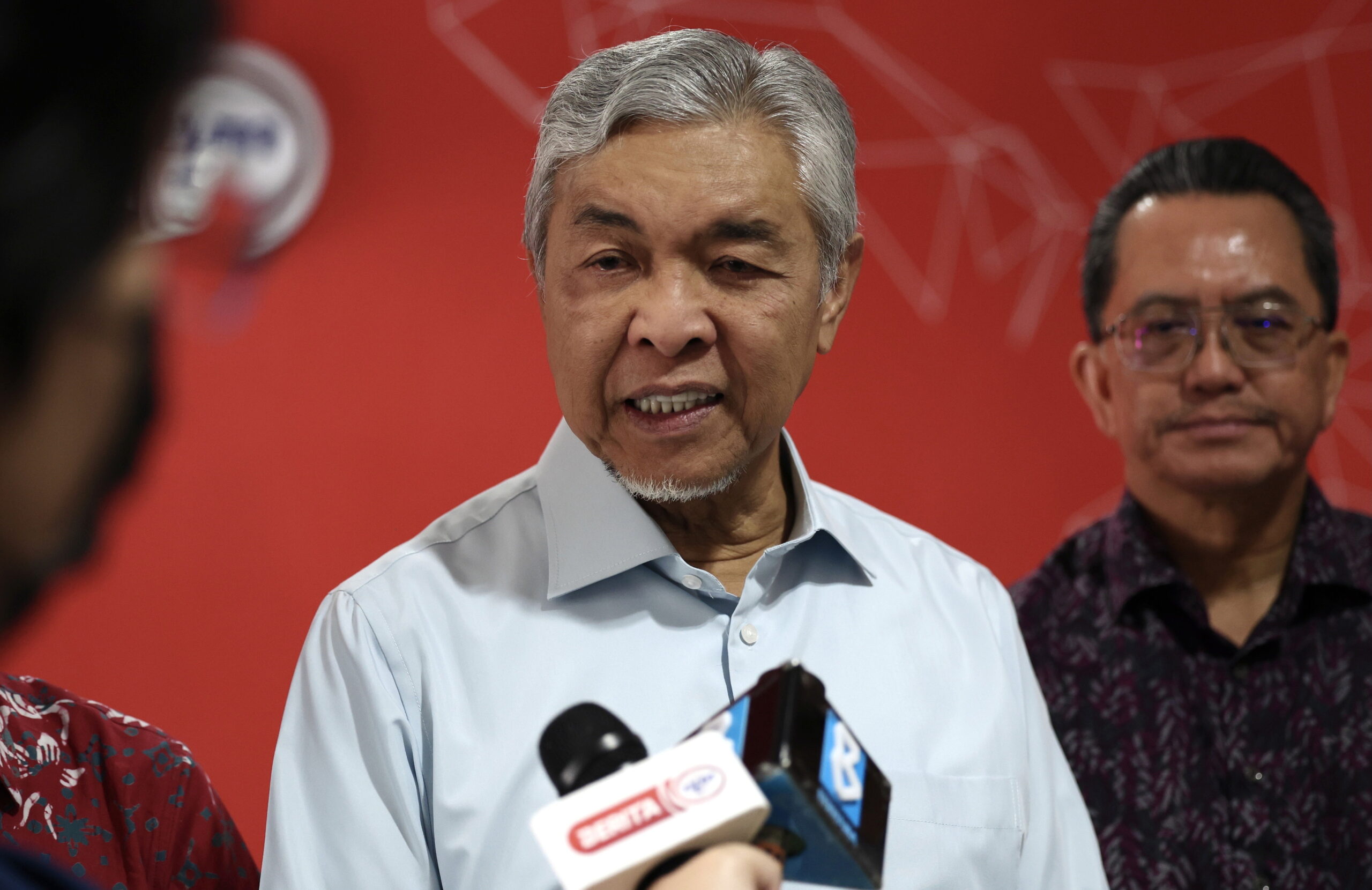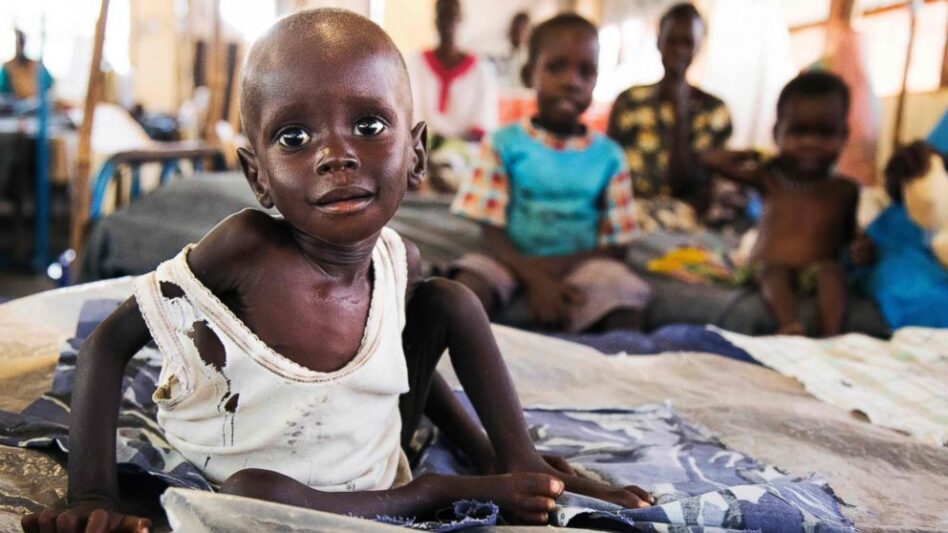THE substitution of the word “pembangunan” (development) with “kemajuan” (progress) in the Bahasa Malaysia name of the Rural and Regional Development Ministry gives more significance to the ministry, said its minister Datuk Seri Ahmad Zahid Hamidi.
Zahid, who is also the Deputy Prime Minister, said while both “development” and “progress” signified an advancement and upgrade, the meaning of the former usually implied a wider dimension while the latter – which is part of development” – referred to moving forward with a clearer objective.
“This is the desire of the government so that ‘kemajuan’ (progress) can be measured in a specific and clearer manner in rural and regional development,” he explained in a Facebook post.
Last month, Zahid announced that the ministry’s name in Bahasa Malaysia had been changed to Kementerian Kemajuan Desa dan Wilayah (KKDW) from Kementerian Pembangunan Luar Bandar (KPLB) previously, with its English equivalent being Ministry of Rural and Regional Development.
Zahid also said the ministry was using the SMART (Specific – Measurable – Attainable – Relevant – Time-Bound) formula in measuring progress and development.
He said in the context of progress, “specific” means a clear objective to be attained while “measurable” means it can be accurately tracked by various measurements and with accountability.
“Attainable” means it can be achieved in a realistic manner and “relevant” gives emphasis on the community and creating a major social impact on the target groups.
Meanwhile, “time-bound” provides a time period for the objective to be achieved quickly without being hampered by arising challenges, he said.
Zahid noted that through the SMART framework and formula, the ministry’s agenda could be implemented more strategically in line with the imperative concept of DESA on data and digital; economy, social and character; as well as access and environment introduced earlier.
He further suggested that the SWOT (Strengths, Weaknesses, Opportunities, Threats) analysis be used to help organisations identify strengths, weaknesses, challenges and opportunities to produce the best results for all agencies under the ministry.
He also wants efforts on setting benchmarks for best rural development not to be focused only on South Korea but to include successful practices in Japan, Taiwan, Thailand, Indonesia, Europe and others as a guide.
“This aspect was crucial to provide a comprehensive perspective for the country to gain the best benefits,” he remarked. – Jan 9, 2023
Main pic credit: Bernama









